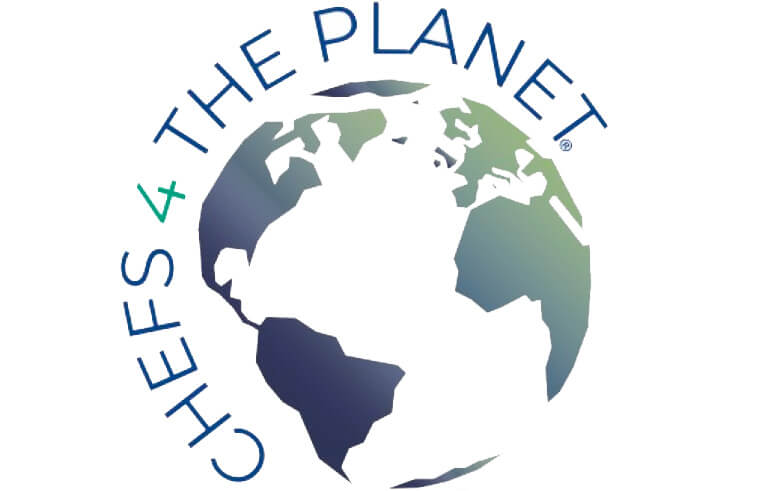Their cost-effective business model may also help them weather the pandemic
“The brined tomatoes are a Silo classic,” explains Douglas McMaster as he talks me through his restaurant’s first post-lockdown menu. “We brine them and then serve them with fresh homemade ricotta. We then take the whey from the ricotta and make our own koji. And that goes back on to the dish. Whey garum from six months ago is also on the plate.”
This is the blend of artistry and alchemy that defines zero-waste cuisine, a global food movement that Mr McMaster has helped pioneer. Its aim is to reduce restaurants’ environmental impact by cutting or even eliminating food waste.
An estimated one-third of the food produced in the world ends up as waste, which then contributes nearly 10 per cent of global greenhouse gas emissions. The zero-waste philosophy calls not only for restaurants to avoid adding to this — by choosing ingredients that naturally generate less waste, for example — but also to embrace practices that help foster sustainability across the board, such as building closer relationships with committed producers.
Whether its advocates can get through the coronavirus pandemic without compromise remains to be seen, but it certainly chimes with growing public awareness of food’s environmental impact. According to a survey by the US National Restaurant Association, about 50 per cent of American consumers consider restaurants’ eco-friendliness when deciding where to eat.
“Consumer demand is what is by far most efficient at driving change,” observes Andrew Stephen, chief executive of the UK-based Sustainable Restaurant Association. “If you take zero waste, there is government policy and stuff down the tracks — in a few years’ time policy will start signalling the direction of travel. Restaurants have moved quicker than policy change.”
While a growing number of restaurants have responded to this demand —by insisting on biodegradable packaging, for example, or using more local supply chains and designing more plant-based menus — only a few have gone all the way by striving for zero waste. As well as Silo, they include Rhodora in New York, Nolla in Helsinki, and La Table de Colette in Paris.
Details, details. . .
It is a commitment that requires intense attention to detail. “Right now I am working on the turnip — my family has been eating turnips for three weeks,” says Josselin Marie, chef-owner of La Table de Colette, sounding a little embarrassed. “I’m looking to create the best recipe to get the maximum that I can get out of a turnip.”
Mr Marie advocates a closed-loop, root-to-fruit and nose-to-tail approach to cuisine. He describes his sustainability commitment as holistic — applying to every point of the culinary chain, from direct farmer relationships to reusing all his organic waste, and reycling any non-biodegradable waste that is generated.
Read the rest here: https://www.ft.com/content/eaeca1f9-6ead-42a5-9ad3-5fe371d0d552


